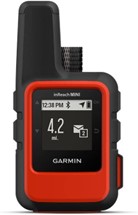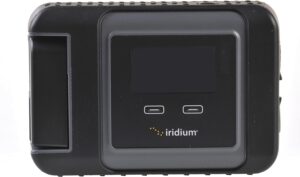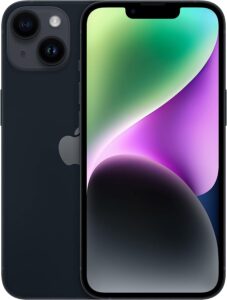We know how difficult it can be to find a stable connection when you have an alternative lifestyle—like living in a houseboat or actively sailing at sea. Fortunately, you have multiple options, but the best internet option for your boat depends entirely on whether you’re permanently docked or travel offshore on long stretches of open ocean.
Overall, our top recommendations for internet at sea include Starlink Maritime, satellite hotspots, and satellite phones. Read on to find out why our team hand-picked these for all your maritime needs. We’ll start with internet options that are best for boats at sea, as the services are more specific and limited. But we haven’t forgotten about those of you in stationary houseboats—we’ll get that pool of options in a later section.




